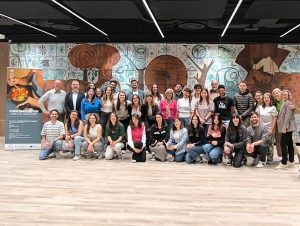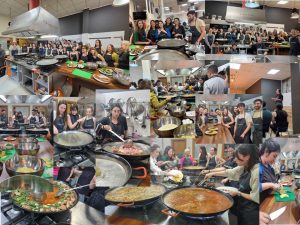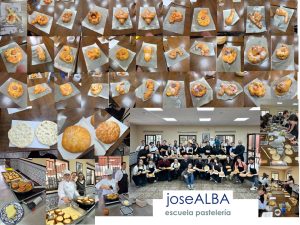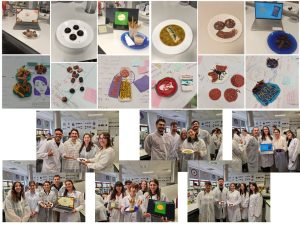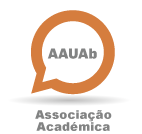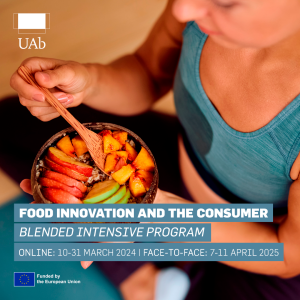
This BIP, funded by the Erasmus+ Program, was developed through a partnership between Universidade Aberta (coordinator), the Faculty of Sciences of the University of Porto, Universitat Politècnica de València (UPV), and the National and Kapodistrian University of Athens. It brought together MSc and PhD students in food consumer sciences, nutrition, food technology, and food engineering. The program focused on consumer acceptance of emerging food technologies, food ideation, and innovation. The 3-ECTS course was delivered in two phases: an initial e-learning component followed by face-to-face activities hosted at UPV.
The Blended Intensive Program (BIP) course intitled Food Innovation and the Consumer, funded by the Erasmus+ Program (Erasmus+ code number: 2023-1-PT01-KA131-HED-000116262-2), was enrolled for students from the 2nd cycle (MSc) and 3rd cycle (PhD) from food consumer sciences and nutrition, food science and technology, food engineering, or similar areas. It is the result of a partnership between UAb, Portugal, which coordinated the project, the Faculty of Sciences of the University of Porto, Portugal, Universitat Politècnica de València (UPV), Spain, and the National and Kapodistrian University of Athens, Greece, as follows:
Learning Methodology
The Food Innovation and the Consumer corresponds to 3 ECTS credits and comprises two phases: i) e-learning modes (4 weeks) and ii) face-to-face mode (5 days).
- E-learning modes
All e-activities were done on UAb’s platform Moodle organized through closed learning communities and available to the students enrolled in the BIP. The e-learning mode was organized into a set of topics. For each topic, an e-activity was developed. Each theme was developed based on an initial theoretical contextualisation through texts, videos, and original BIP pedagogical resources (module slides) already available to the UAb platform repository.
- Face-to-face mode
The face-to-face mode aims to support practical activities. All face-to-face mode activities were developed at Universitat Politècnica de València, Valencia, Spain, between April 7th and 11th, 2025.
Each practical activity was a collaborative, active, and critical approach. The students were grouped into multi-institutional teams and based on the Design Thinking methodology, they designed an innovative food product concept and had the opportunity to develop the prototype at UPV’s “FoodLab” facilities, taking advantage of the equipment and conditions provided. After a session to support the development of an “Elevator Pitch” communication, the students presented their innovative food products, exposing the brand’s positioning, packaging, and communicatio.
The activities were complemented on the 1st day with multicultural presentations, developed by the students themselves, and with a team building session, developed at the “Valencia Club de Cocina”, where the students were organized into teams and learned how to prepare the traditional tortilla and paella. The course also allowed students to learn how to make traditional Easter pastries, in a practical workshop held at “joseALBA Escuela de Pastelaria”.
In line with the spirit of Erasmus+ training, the course promoted a high cultural exchange between participants from seven different nationalities (Portugal, Spain, Greece, France, Italy, Brazil, and Colombia), leading to new skills and leaving indelible memories for the future. This was a rich experience, from academic/scientific and personal perspectives.
Welcoming session of the BIP face-to-face activities
Team-building activity, based on a Spanish food experience, at Valencia Club Cocina
Pastry experience at Escuela de Pasteleria Jose Alba, Torrente
Presentation of the final products and their prototypes

